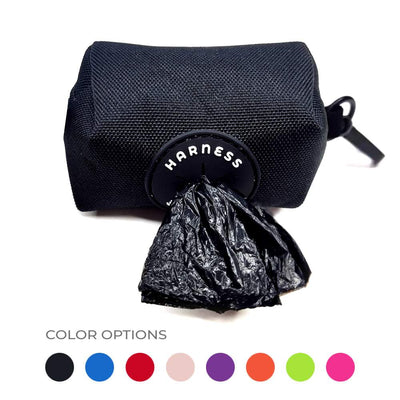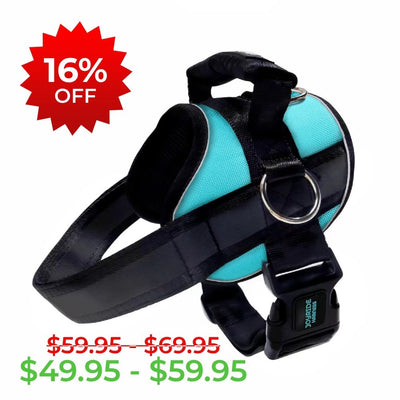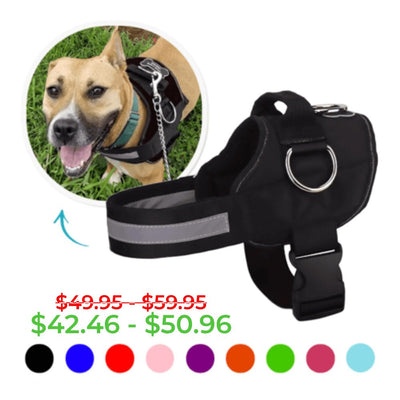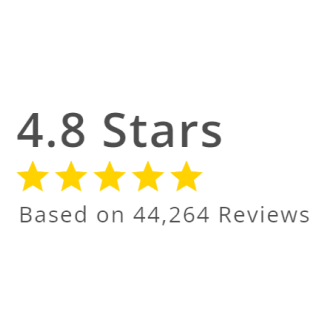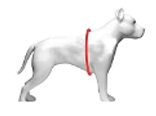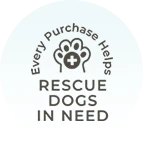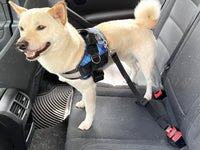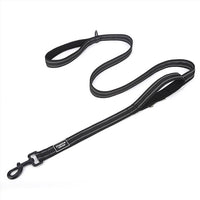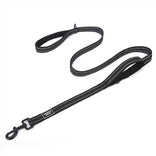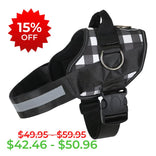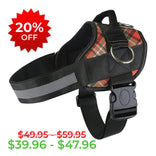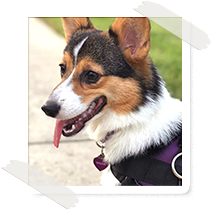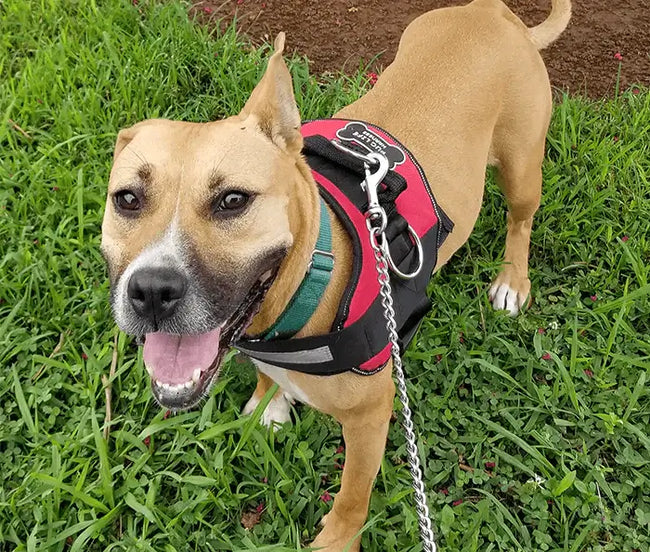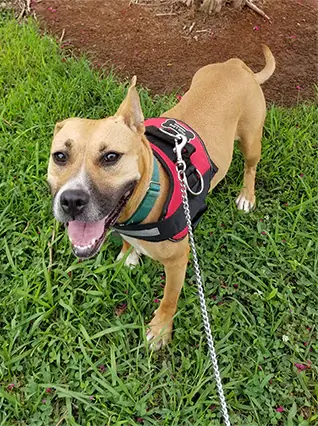Should You Consider Intermittent Fasting for Your Dog?
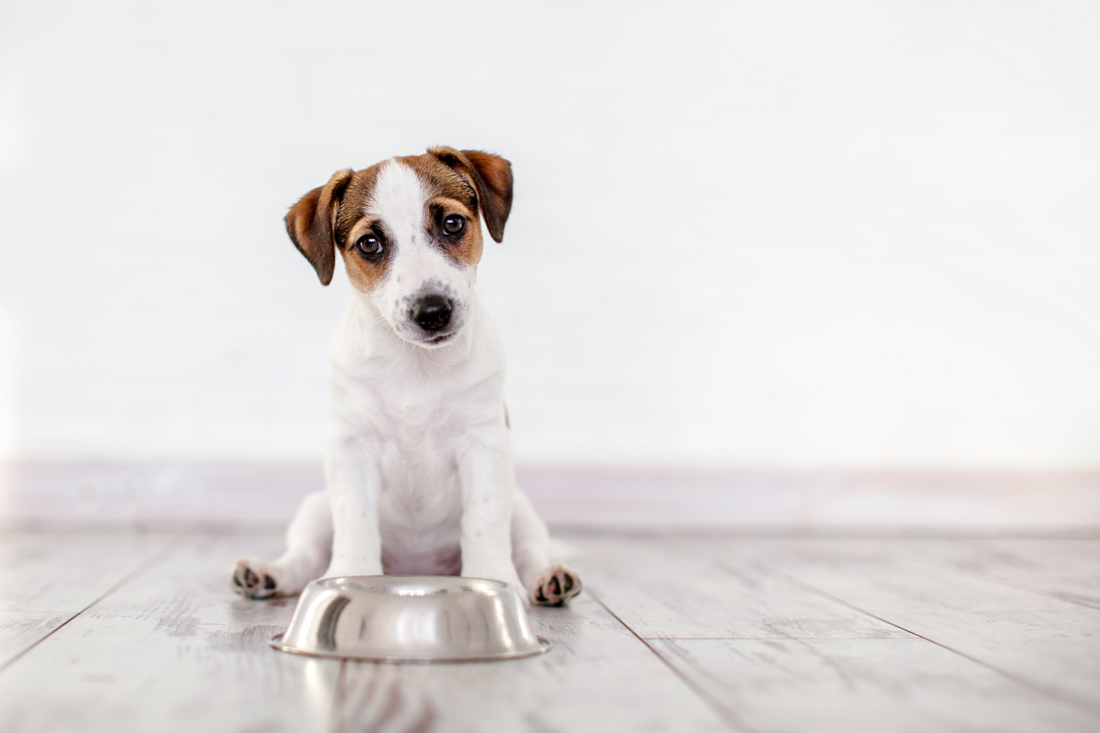
Diets frequently change, and people often try different methods to lose weight, like counting calories or following keto diets. Intermittent fasting has become quite popular for humans, showing safety and effectiveness for moderate weight loss. If you're considering a similar approach for your overweight dog, you might wonder if intermittent fasting is safe for them too.
Obesity can increase a dog's risk of serious health issues, including cancer and heart disease, making weight management crucial. However, even small dietary changes can impact a dog's health due to their unique nutritional needs, which vary with their age, activity level, and health conditions. Before making any changes to your dog's diet, it's important to consult with your veterinarian.
Intermittent Fasting for Dogs

Humans often practice intermittent fasting by not eating during set hours or days. Some believe this can help a dog's immune system, digestion, brain function, and even extend their life. However, Dr. Jerry Klein, DVM and Chief Veterinary Officer for the American Kennel Club, notes that these claims are largely based on personal experiences rather than scientific evidence.
Researchers have investigated whether intermittent fasting benefits dogs' immune health by studying 10 healthy dogs on various feeding schedules. The findings indicated that dogs on an intermittent fasting regimen lost more weight and had lower blood glucose and insulin levels. The study didn't show any negative effects on the dogs' immune systems, but it was a small study limited to healthy dogs.
Another study found that dogs fed once daily had fewer issues like cognitive dysfunction, stomach problems, dental diseases, joint problems, and kidney, urinary, liver, or pancreatic diseases. Yet, these health benefits can't be directly linked to feeding frequency alone, and more research is needed to definitively connect once-a-day feeding with these health improvements.
When Should I Fast My Dog?

Only fast your dog if your veterinarian recommends it. For instance, if your dog has stomach problems like diarrhea or vomiting, the vet may suggest a short fast. According to Dr. Klein, this usually lasts 12 to 24 hours during which your dog should only drink water.
As your dog starts feeling better, you can slowly add bland foods such as pumpkin or plain boiled rice. This approach helps the stomach heal and reduces any inflammation.
No matter what your dog's diet is, they must always have access to fresh water. Dr. Klein notes that dehydration is more dangerous for dogs than lack of food.
When to Avoid Fasting Your Dog

A dog parent’s aim is often to keep their dogs healthy and at a good weight. Dr. Klein says that intermittent fasting should only be considered for healthy, adult dogs and after thorough discussion with a vet or a veterinary nutritionist. They can help decide if fasting is necessary or the best option for your dog. However, intermittent fasting isn't suitable for all dogs, especially:
- Puppies under 18 months old, particularly fast-growing giant breeds like Bernese Mountain Dogs, Mastiffs, and Newfoundlands.
- Very small or toy breeds, such as Chihuahuas or Yorkshire Terriers.
- Pregnant or nursing dogs.
- Dogs with medical conditions, like those with diabetes on insulin treatment.
Dr. Klein suggests, “The best approach is to feed your dog appropriately every day, use low-calorie treats sparingly, avoid giving them human food, and exercise them regularly, rather than resorting to fasting.” For normally active adult dogs, feeding once a day may be adequate.
While intermittent fasting is becoming popular among people, it can be risky for dogs due to their different metabolisms and nutritional needs. Dr. Klein advises feeding your dog a complete and balanced diet, following the recommendations of your vet and the dog food's packaging.
Remember, each dog is unique, and what works for one may not work for another. Your dog's health and safety should always be your top priority
At Joyride Harness, we want every dog to be happy and healthy. For more tips and advice on taking the best care of your best friend, be sure to check out the Joyride Harness Blogs.
Source: American Kennel Club


